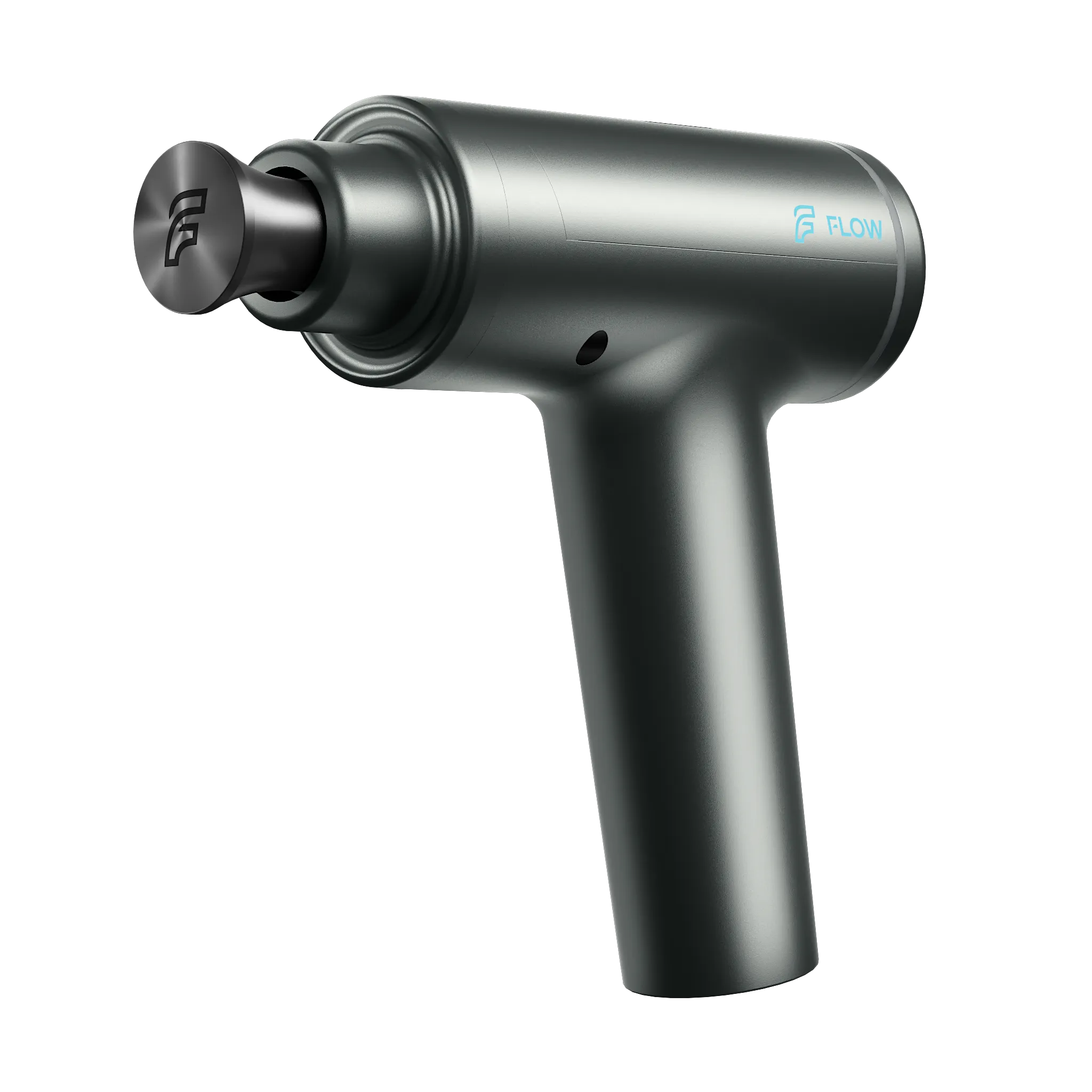Article: The Importance of Hydration for Health: Tips to Stay Hydrated

The Importance of Hydration for Health: Tips to Stay Hydrated
Water is vital for life. Every single function in our body relies on it, from regulating body temperature to aiding digestion and keeping skin healthy. Despite water’s crucial role, many people don’t drink enough each day. So, what can be done to improve hydration habits, and why is staying hydrated so important?
In this comprehensive guide, we explore the importance of hydration for health, the risks of dehydration, and top strategies to maintain proper hydration daily.
Why Hydration Matters
Our bodies are made up of around 60% water, and staying hydrated is essential for maintaining proper body functions. When we lose water through everyday activities such as breathing, sweating, or digestion, it’s crucial to replace it by consuming fluids and water-rich foods.
When the body doesn't get enough water, dehydration occurs, which can result in a wide array of health issues, ranging from mild to severe.
The Health Risks of Dehydration
Dehydration can have both immediate and long-term effects on the body. Even mild dehydration, which is when the body has lost 1–2% of its water content, can impair cognitive performance and physical abilities.
Fatigue and Headaches: One of the most common symptoms of dehydration is fatigue. The lack of water in your system can make your body work harder to perform basic tasks, leaving you feeling drained. Headaches are another common symptom of dehydration, as the body struggles to regulate its functions.
Dizziness and Fainting: As dehydration worsens, you may experience dizziness or light-headedness, especially during periods of physical exertion. In severe cases, dehydration can lead to fainting due to a decrease in blood volume.
Cognitive Decline: Dehydration affects brain function, reducing concentration, impairing short-term memory, and leading to mood swings. Studies have shown that even a slight decrease in hydration can negatively impact mental clarity, problem-solving, and focus.
Kidney and Urinary Issues: Chronic dehydration can lead to kidney stones, urinary tract infections (UTIs), and in severe cases, kidney failure. Water helps the kidneys flush waste out of the bloodstream, so insufficient hydration makes this process inefficient.
Skin Health: Dehydration can cause your skin to lose elasticity, making it appear dull and dry. Hydrated skin tends to have better texture, fewer fine lines, and a healthy glow because water helps flush toxins from the skin.
Weight Gain: Interestingly, dehydration can sometimes be mistaken for hunger. Often, when we feel hungry, our bodies may actually be craving water, not food. Drinking water before meals helps regulate appetite, potentially aiding in weight management.
The Benefits of Staying Hydrated
Drinking enough water daily is key to optimizing overall health and wellness. Hydration doesn’t just help prevent dehydration; it actively enhances various aspects of physical and mental health.
Maintaining Energy Levels: Water is crucial for the biochemical reactions in the body that produce energy. When you're well-hydrated, your body is better equipped to produce energy, leaving you feeling more alert and less fatigued throughout the day.
Improved Digestive Health: Proper hydration helps maintain a healthy digestive system by ensuring that food moves smoothly through the intestines. Water helps prevent constipation and assists in breaking down food so the body can absorb nutrients more efficiently.
Enhanced Skin Appearance: Staying hydrated promotes healthy skin by keeping cells plump and reducing the appearance of wrinkles. Water also helps the body eliminate toxins that could cause breakouts or other skin issues.
Boosted Metabolism and Weight Loss: Drinking water can increase your metabolic rate, which means your body will burn more calories, even at rest. Additionally, water acts as a natural appetite suppressant when consumed before meals, leading to lower calorie intake.
Regulation of Body Temperature: Hydration is key to maintaining the body’s temperature, especially during hot weather or intense physical activity. Sweat, which is made primarily of water, helps cool the body down, preventing overheating.
How to Stay Hydrated
Now that we know why hydration is vital, how can we ensure we are getting enough water each day? Here are some effective strategies to incorporate into your daily routine:
Drink Enough Water Daily
A common guideline for daily water intake is the “8x8” rule, which suggests drinking eight 8-ounce glasses of water each day (around 2 liters). While this is a good starting point, your water needs may vary depending on factors such as age, weight, activity level, and climate.
If you exercise frequently or live in a hot climate, you will likely need more water. Pay attention to your body's signals, such as thirst or dark urine, which indicate when more hydration is necessary.
Incorporate Water-Rich Foods into Your Diet
In addition to drinking water, you can also boost your hydration levels by consuming water-rich foods. Many fruits and vegetables have high water content and can help contribute to your daily fluid intake.
Here are some of the top hydrating foods to include in your diet:
- Watermelon: With a water content of 92%, watermelon is one of the most hydrating foods you can eat. It's a refreshing snack, especially during hot summer days.
- Cucumber: Composed of 95% water, cucumbers are great to include in salads or eat on their own.
- Strawberries: Not only are strawberries delicious, but they are also about 91% water, making them a fantastic hydrating snack.
- Spinach: Dark, leafy greens like spinach are high in water content, vitamins, and minerals. Spinach is about 91% water and adds hydration to your meals.
Hydrate Before, During, and After Exercise
Physical activity causes the body to lose water through sweat, and it’s essential to replenish fluids before, during, and after exercise.
Pre-Workout Hydration: Drink water before starting your workout to ensure your body is adequately hydrated. A glass of water 30 minutes before exercise is ideal.
During Exercise: Keep a bottle of water nearby during exercise and sip frequently to replace fluids lost through sweating. For longer workouts, consider drinking an electrolyte-rich beverage.
Post-Workout Hydration: After exercising, rehydrate with water to restore balance. For intense exercise lasting over an hour, an electrolyte drink may help replenish lost salts and minerals.
Set Hydration Goals and Track Your Progress
To make hydration a priority, set daily water goals and track your progress. Many apps and smart water bottles can help you monitor your water intake, making it easier to stay on track.
For an easy, mindful approach, you can follow these tips:
- Carry a Water Bottle: Bring a reusable water bottle with you everywhere to remind yourself to drink throughout the day.
- Set Alarms or Timers: If you have a busy schedule, set periodic reminders to take a sip of water.
- Flavor Your Water: If you find plain water too boring, add slices of lemon, cucumber, or mint to give it a refreshing twist.
FAQs
How do I know if I'm dehydrated?
Common signs of dehydration include dry mouth, fatigue, dark yellow urine, dizziness, and reduced urination. If you experience any of these symptoms, it's important to drink water immediately.
Is it possible to drink too much water?
Yes, it is possible to drink excessive amounts of water, leading to a condition called hyponatremia, where sodium levels in the blood become dangerously low. While rare, this condition usually occurs in endurance athletes who consume large amounts of water without replacing electrolytes.
What is the best time of day to drink water?
It's beneficial to start your day by drinking a glass of water to rehydrate after sleeping. Drink water consistently throughout the day, including before meals and during physical activity.
Can I hydrate with beverages other than water?
Yes, you can stay hydrated by consuming other fluids like herbal teas, milk, and fruit juices. However, avoid excessive intake of sugary or caffeinated drinks, as they can have dehydrating effects.
Do I need to drink more water in hot weather?
Yes, during hot weather or periods of intense physical activity, the body loses more water through sweat. It's important to increase your water intake to compensate for this fluid loss.
What role do electrolytes play in hydration?
Electrolytes, such as sodium and potassium, help regulate fluid balance in the body. After intense exercise or excessive sweating, consuming an electrolyte-rich drink can help restore the body's natural balance.
Conclusion
Staying hydrated is essential for maintaining good health. By drinking enough water, consuming water-rich foods, and making hydration a part of your daily routine, you can prevent dehydration and support your body's optimal function. Hydration is a simple yet powerful way to boost your energy levels, improve cognitive function, maintain healthy skin, and support overall wellness. Prioritize hydration, and your body will thank you.
Internal links:
- Benefits of Exercise for Mental Health
- Importance of a Balanced Diet
Outbound links:



Leave a comment
This site is protected by hCaptcha and the hCaptcha Privacy Policy and Terms of Service apply.